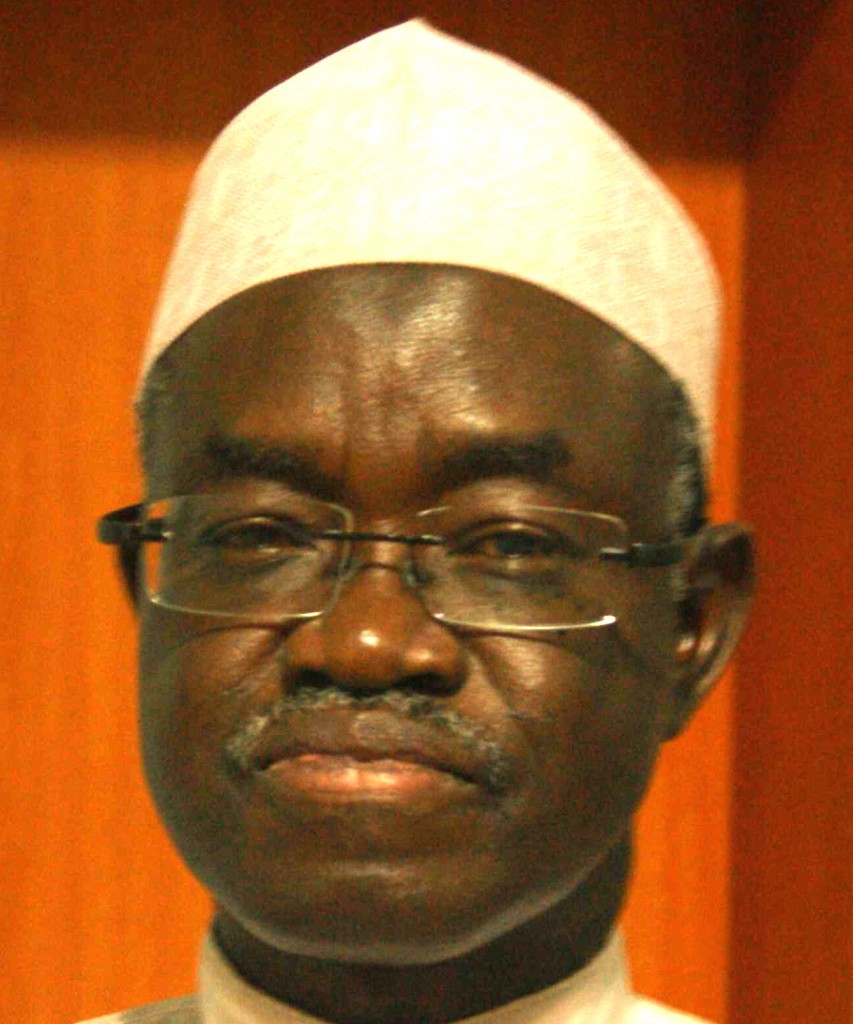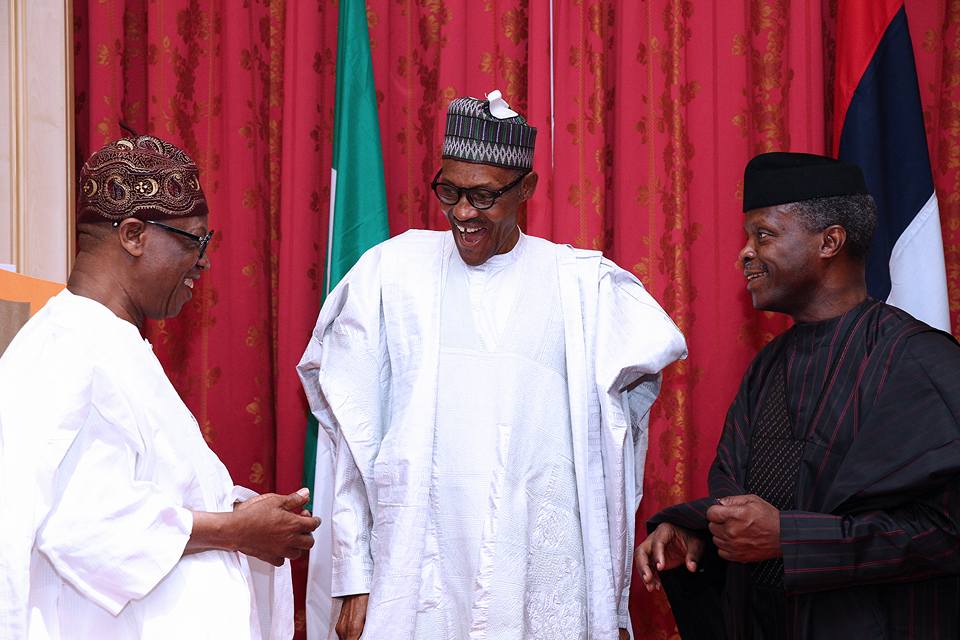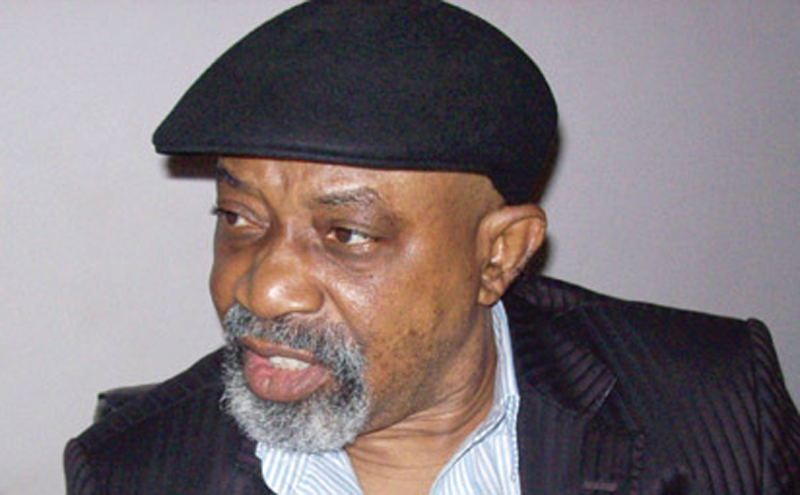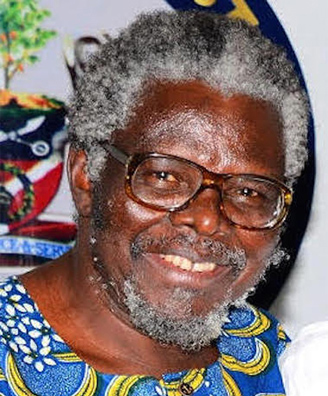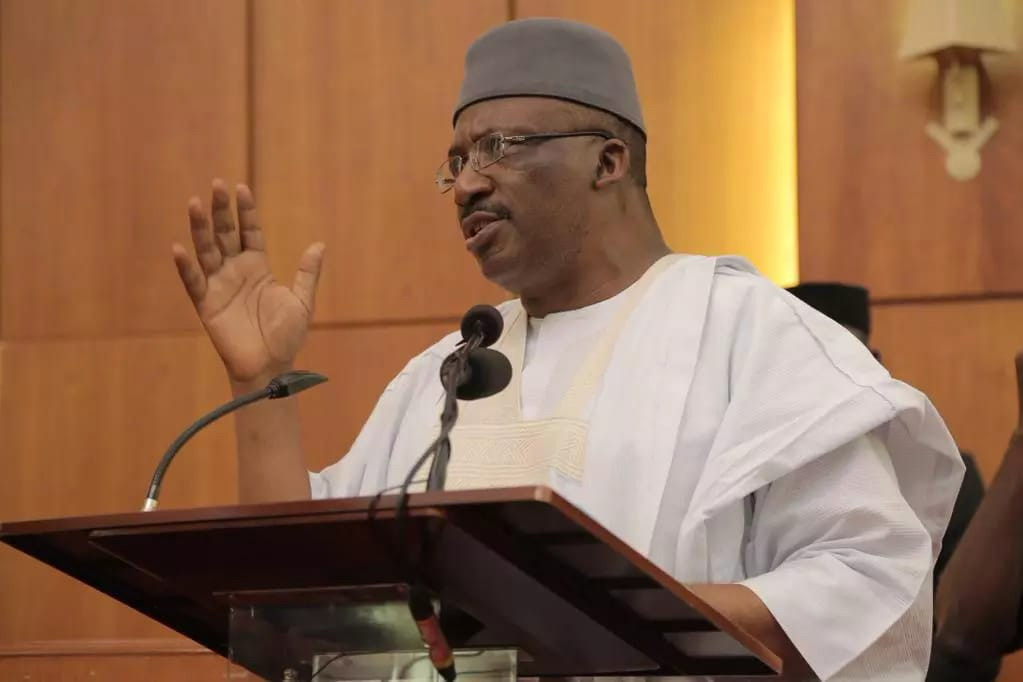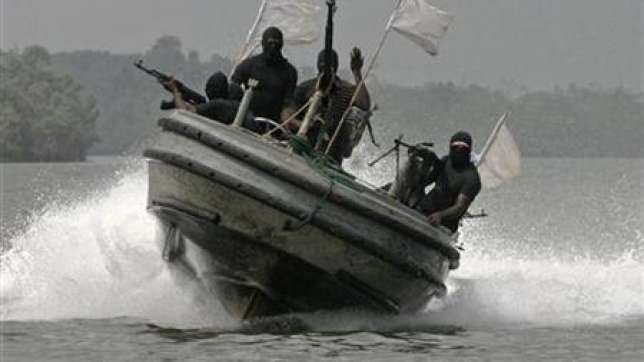Every cloud, they say, has its own silver lining. This may yet prove true of the June 28 massive attack on Turkey’s Atartuk’s International Airport in Istanbul, the nation’s commercial capital, by armed elements suspected to have been ISIS members. In what was probably the worst such incident in the country in recent times, the attackers killed 41 passengers and injured over 200 before blowing themselves up in the police counterattack.
Since that attack, Recep Tayyip Erdogan, the country’s ostensibly ceremonial president but effectively its dictator, seems to be having a rethink of his apparent neo-Ottoman imperial ambitions, a hubris which has been the main cause of Turkey’s recent economic and political woes.
In a dramatic gesture last Sunday during iftar dinner at the end of the day’s Ramadan fast, he announced the restoration of normal relations with Israel and Russia, two neighbours he had fallen out with, ten years ago in the case of Israel and only this year in Russia’s case.
That announcement seems to signal the beginning of the transformation of a bellicose Erdogan into a dovish one, at least on the international scene. If the domestic front witnesses a similar transformation, the terrible June 28 attack on Istanbul airport may yet prove the point of Turkey’s return to its prosperity of recent years.
Advertisement
The regular reader of this column may have noted that I have written about Turkey on these pages thrice since May last year. The latest was when Erdogan came visiting us in March in the course of his four-nation tour of Africa which started with Cote d’Ivoire through Ghana and ended with Guinea.
My interest in Turkey, as I’ve pointed out, is simple; it exemplifies my belief that Islam, my faith and the faith of at least 80% of that country’s 79 million people, is compatible with democracy and modernity. Besides, Turkey has established considerable presence in Nigeria’s sectors of education, medicine, religion, commerce and industry.
Bar probably Mustapha Kemal, the soldier-statesman who founded modern Turkey in 1923 out of the ashes of an Ottoman Empire vanquished by the West in WWII, no Turkish politician has done as much as Erdogan to democratize, modernize and develop the country. The big difference between the two has been Erdogan’s drive to restore to public life core Islamic values and symbolisms like the wearing of hijab and beards and the ban on alcohol which Kemal had banned in his apparently wishful thinking that that was the only way to be accepted by his beloved West.
Advertisement
Erdogan owed much of his political success first, to his transformation of Istanbul, as its mayor between 1994 to 1998, from a bankrupt and decrepit city into a prosperous cosmopolitan metropole, and second, to the decade of economic stability he brought to his country as its prime minister between 2003 and 2014. During that decade, Turkey chalked up an average annual growth of 4.5% and developed into a manufacturing and export powerhouse in Eurasia.
Among his other great achievements was his neutralization of the military as the country’s most powerful power block which constantly interfered with the country’s politics under the guise of being its conscience.
And even as he reintroduced Islamic values and symbolisms into public life, he acknowledged the plurality of his country by negotiating for peace with the Kurdish minorities who had fought for their own independence for decades. As part of the negotiations his government lifted the ban on Kurdish language in the broadcast media and political campaigns and restored the Kurdish names to cities and town that had been given Turkish names under Kemal.
His government also introduced legal reforms that allowed properties worth at least a couple of billion dollars belonging to Christian and Jewish minorities that had been seized in the thirties to be returned to them.
Advertisement
All this he was able to achieve with more than a little help from the Hizmet movement led by the Muslim cleric, Fethullah Gulen, who has lived in self-exile in the US for many years. For over a decade after the “mildly Islamist” Justice and Development Party (AKP) Erdogan co-founded in 2001 with Abdullah Gul, another foremost Turkish politician, first won elections in 2002, the Hizmet movement underpinned AKP’s efforts to keep the politicised military at bay and deepen democracy at home. It also helped to strengthen the country’s ties abroad, especially in Africa, the Middle East and Asia.
Sadly things began to fall apart between the two allies from 2013 when Erdogan started exhibiting streaks of authoritarianism induced probably by his great success. As prime minister, Erdogan responded to the first public protest that year against early signs of his authoritarianism by sending in the police and AKP thugs. The crackdown led to 22 deaths and hundreds injured.
His intolerance got even worse when some of his ministers and close associates were arrested and he himself and some of his relations were incriminated in a $100 billion corruption scandal which he apparently believed was orchestrated by members of the Hismet movement in the police, prosecution and judiciary.
In 2014, he stepped down after three terms as prime minister and became the country’s first directly elected president. He was succeeded by Ahmet Davutoglu, a long time loyal sidekick.
Advertisement
As president, his constitutional role was ceremonial. It soon turned out, however, that he had a totally different design for the office; that design was to make it an executive presidency with him, of course, as the first imperial occupant.
His first opportunity came during the June 2015 general elections. He took it with both hands when, in flagrant violation of his constitutional imperative to stay neutral, he vigorously campaigned for his AKP to win the two-thirds majority it needed to amend the constitution into an executive presidency. His campaign failed. Worse, his party even lost its majority for the first time since 2002, even though it remained the single biggest party in parliament.
Advertisement
As president, he had the option of stitching up a coalition government or gambling for better luck next time by scheduling another quick election. Predictably, he chose the latter and fixed November for the E-Day. This time he succeeded but only up to a limit; AKP regained its majority but still not the two-thirds it required for amending the constitution.
Since then the man seems to have become more and more irascible and dictatorial. At home he has jailed opponents, reversed himself on his peace negotiations with the Kurds and cracked down hard on the media especially. Abroad he has shot down a Russian fighter jet and initially sided with the ISIS in its complicated bloody-minded attempt to curve out a caliphate out of Syria and Iraq. His change of sides in allowing the Americans the use of their airbase in Turkey to bombard ISIS troops may have been responsible for the devastating June 28 attack on the Istanbul airport allegedly by ISIS.
Advertisement
Among the biggest victims of his crackdown at home has been the Hismet movement. Among other things he has purged the police and the judiciary of suspected members of the movement and seized its businesses and media, notably Zaman, the biggest newspaper in the country. Indeed, he has since declared the movement a terrorist organization and has spared no effort to have its leader deported back to Turkey to face a charge of leading a “criminal” organization.
For Erdogan it seems loyalty is absolutely indivisible. Last May his loyal prime minister, Davotoglu, stepped aside, apparently pushed out because of his half-hearted support for the amendment of the constitution. A few weeks later he was replaced by the Transport minister, Binali Yildrim, who promptly announced his unqualified support for the amendment; evidently the president couldn’t have picked a more loyal yes-man.
Advertisement
This was the state of play when Ataturk airport was attacked a few days ago. Erdogan’s response seems to have been a mellowing down of his bellicosity, at least against his perceived enemies abroad. Thus his rapprochement with Israel and Russia.
“We will,” he said in an Eid el-Fitri message on Monday, “make it through this process of global transformation and end up much stronger. We are improving our relations with Israel and Russia … We are mending the strained relations again and overcoming crises triggered by the Syrian issue, terror and artificial tensions.”
One can only hope that the same June 28 bombing will touch his heart and trigger a change in his mind about his imperial ambition which has brought so much misery in recent years to a country he has laboured more than virtually any Turkish politician, dead or alive, to democratize, modernize and develop.
Swallowing his hubris can, of course, only be the beginning of his country’s return to its recent peace and prosperity. Without it, however, things can only get worse.
Views expressed by contributors are strictly personal and not of TheCable.
Add a comment
